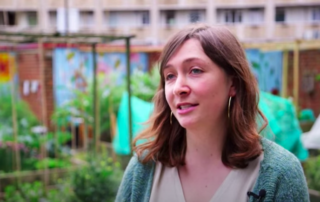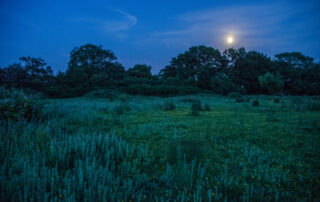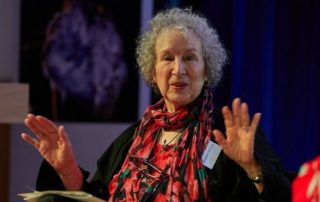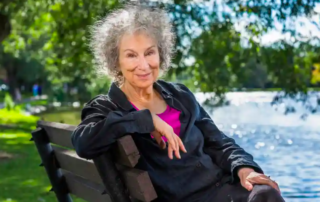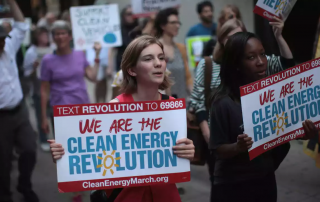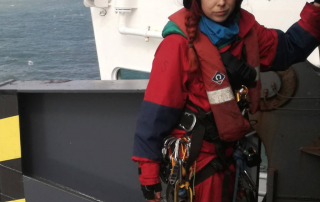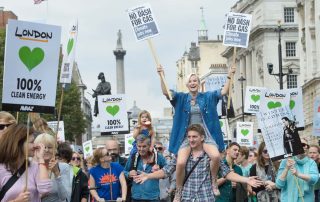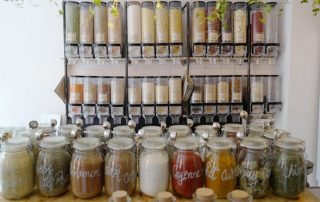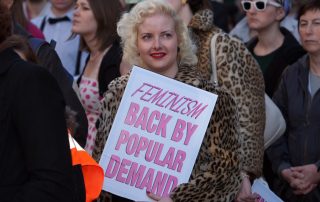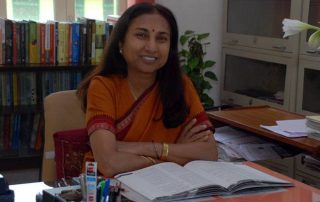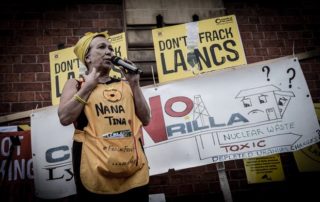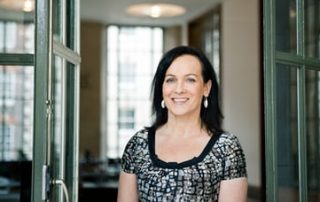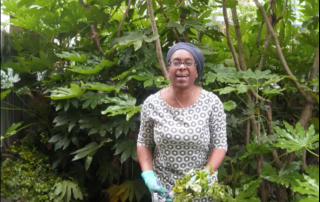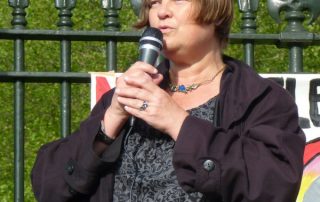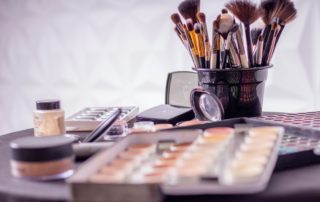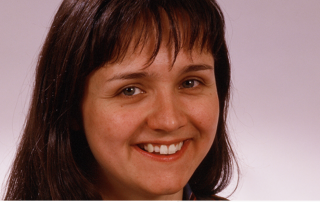Women’s Environmental Network – Environmental Justice Through Feminist Principles
The Women’s Environmental Network is a UK organisation working to make links between women health, wellbeing and environmental issues; and by broadening the latter’s scope to include menstrual health, real nappies and breast cancer. The aims are to raise awareness of the gender implication of climate change; promote environmental justice through feminist principles and gender equality; and involve and empower women in climate change decisions and solutions on the ground. Hence, WEN thinks globally and acts locally by sharing knowledge, resources and seeds through community organisation, events, training and grassroots projects in East London. Featured in this video are WEN co-director Kate Metcalf and former co-director Connie Hunter; as well as project participants such as Mina (“we help each other”); Silam (“this had helped me be more conscious about our environment”); Laura (“it has helped me be a happier person”); and Gubsie “it changes people, it makes such a difference”). Video Credit: WEN


